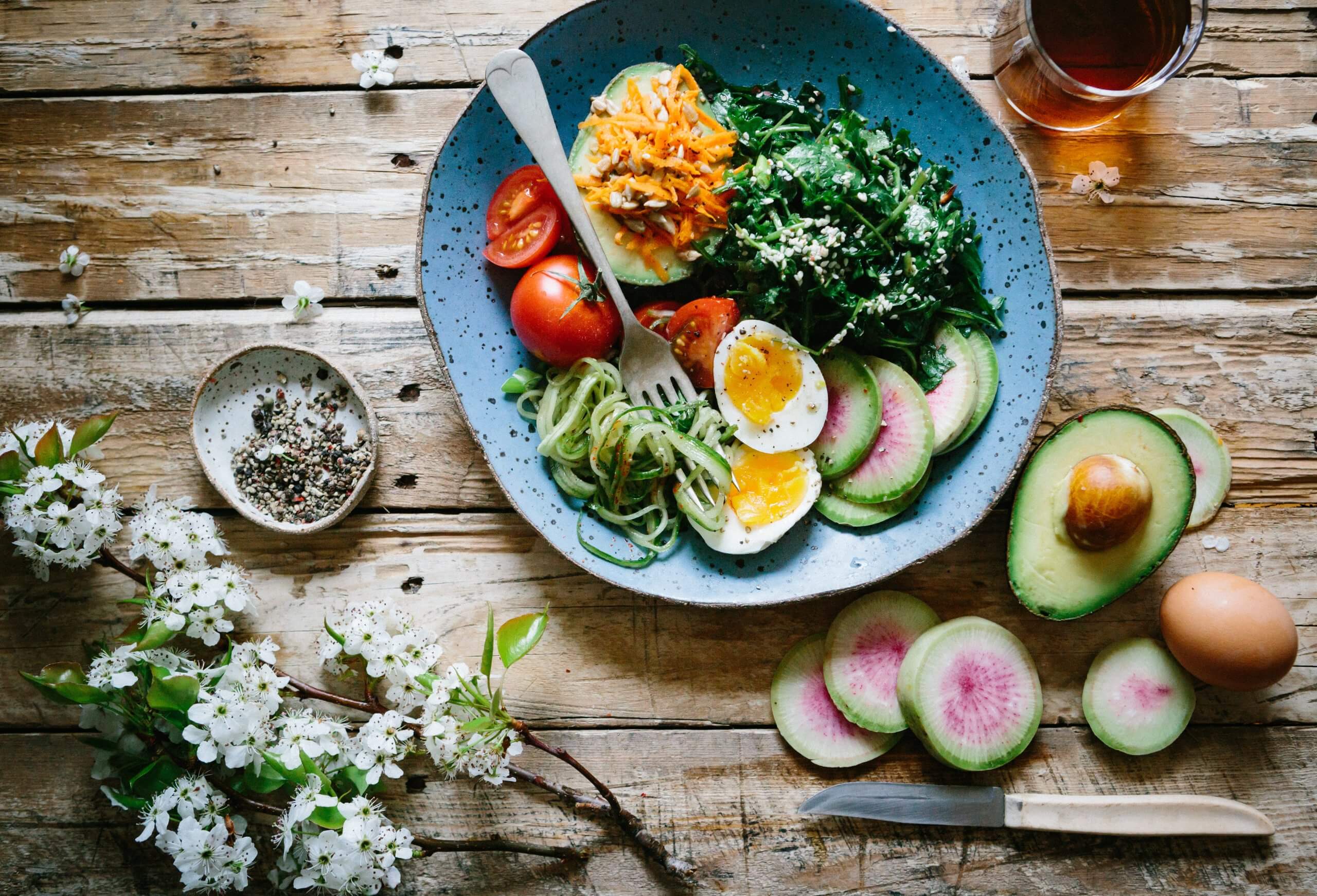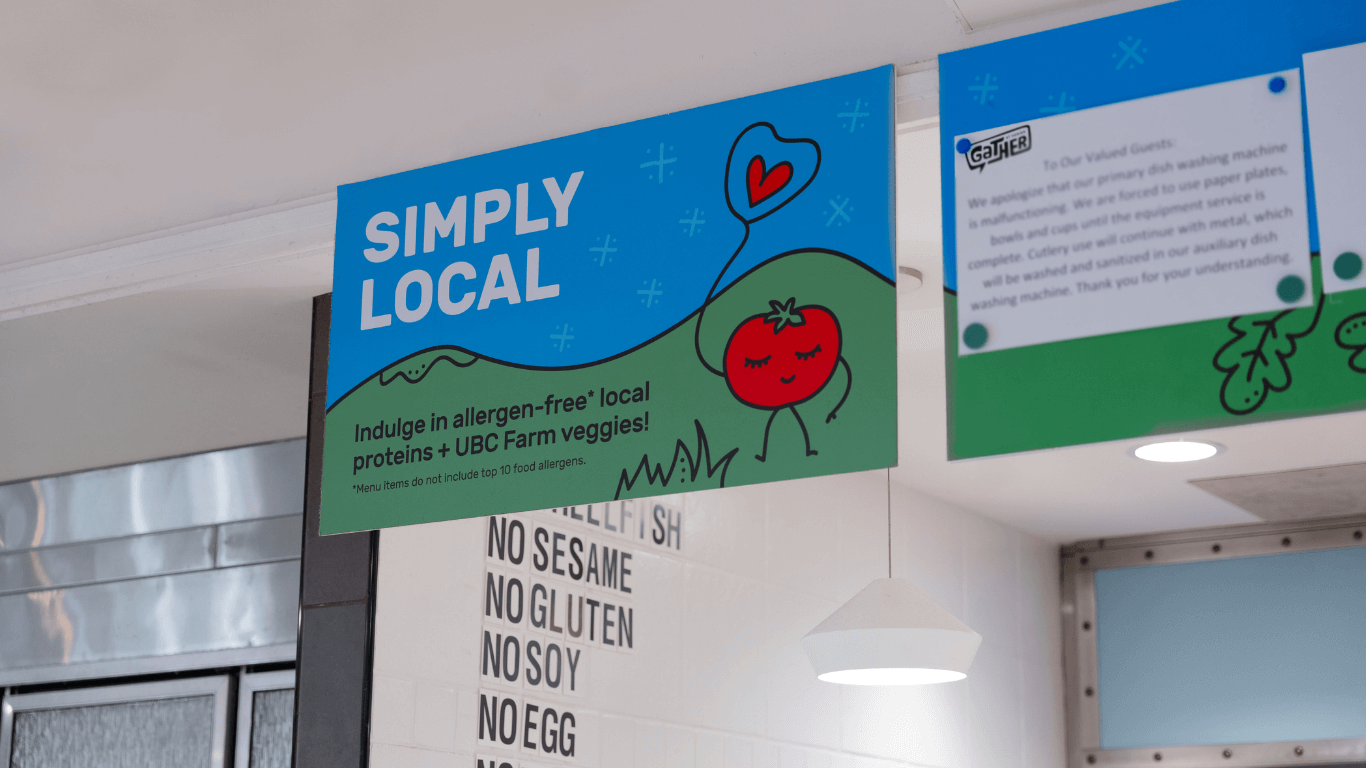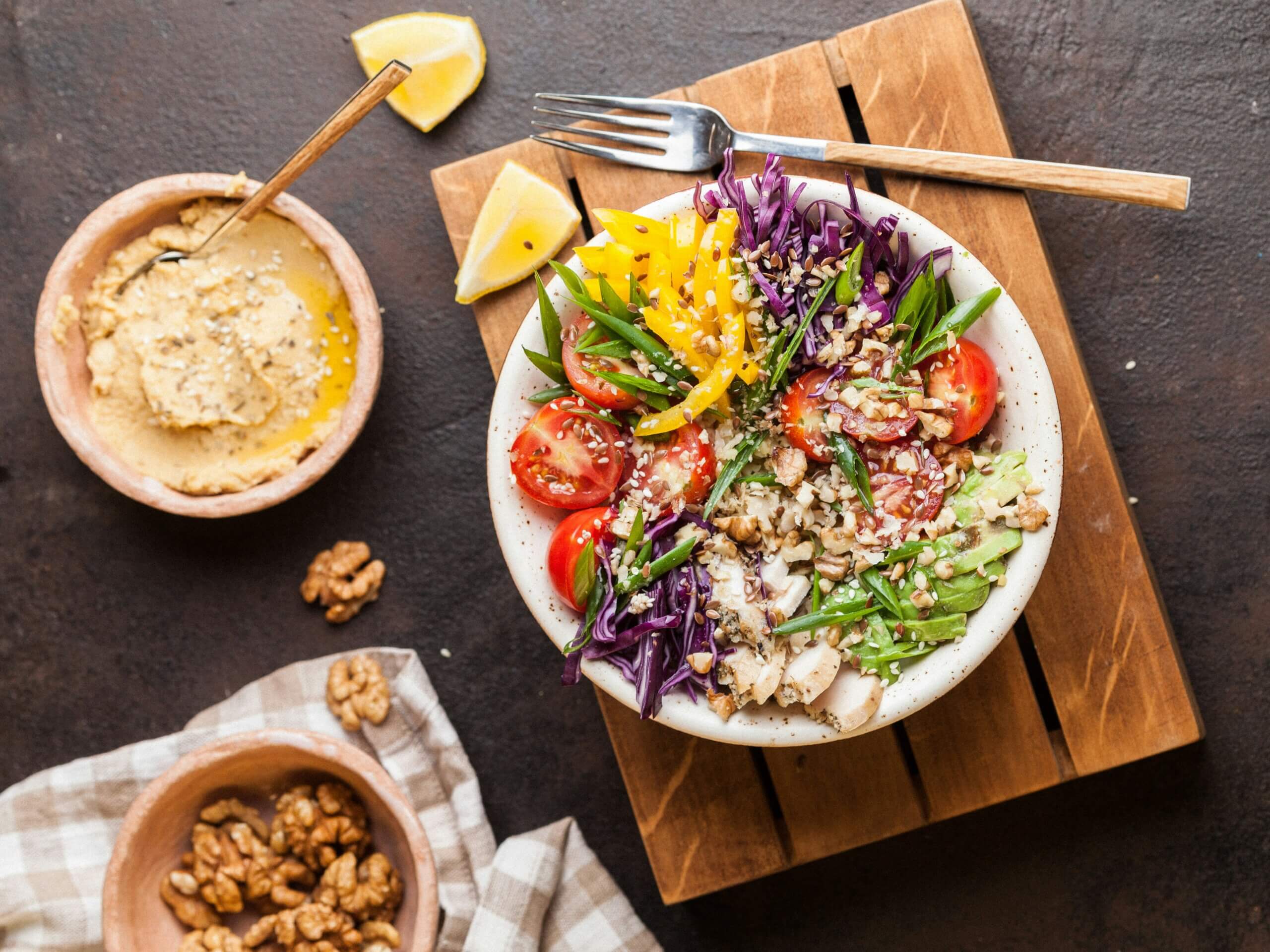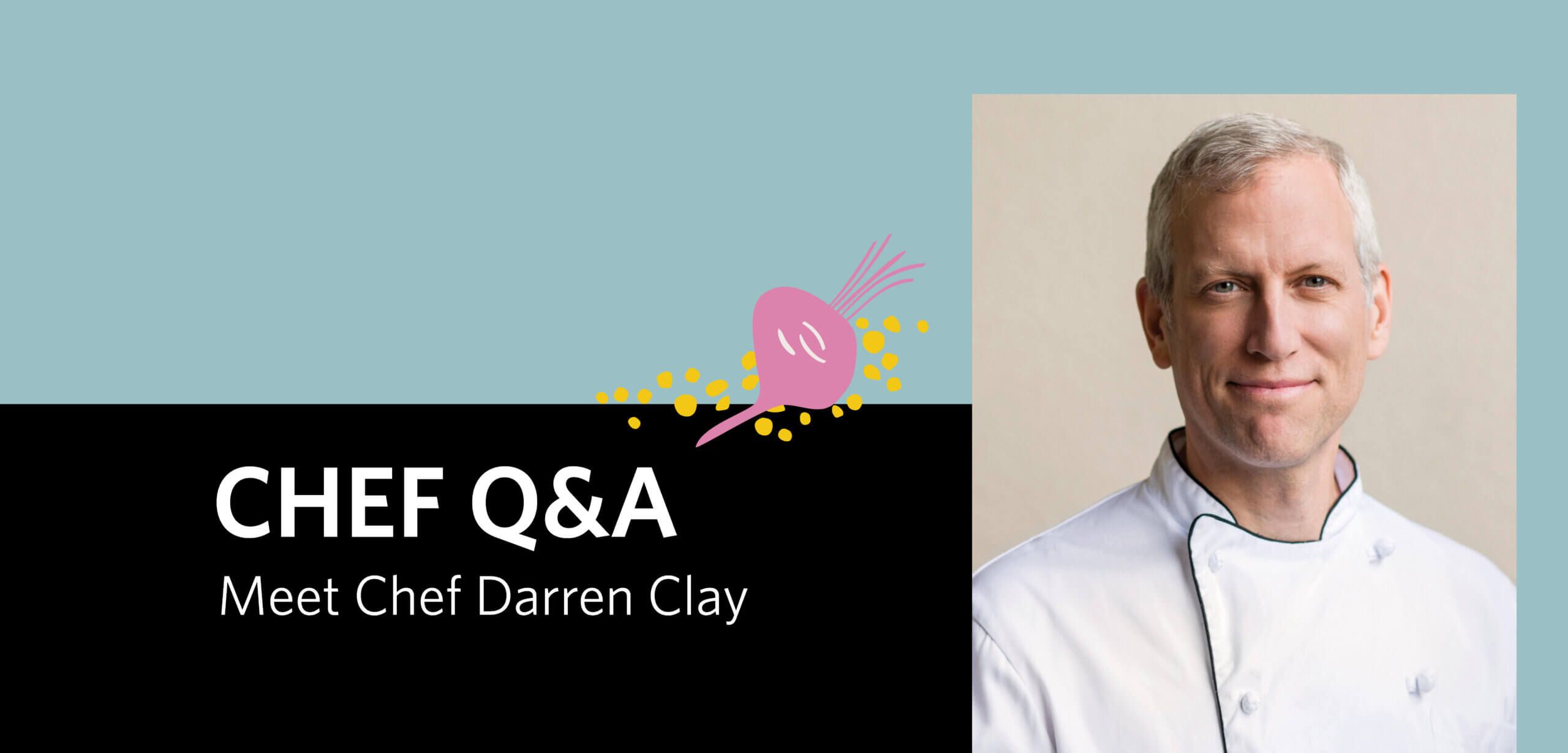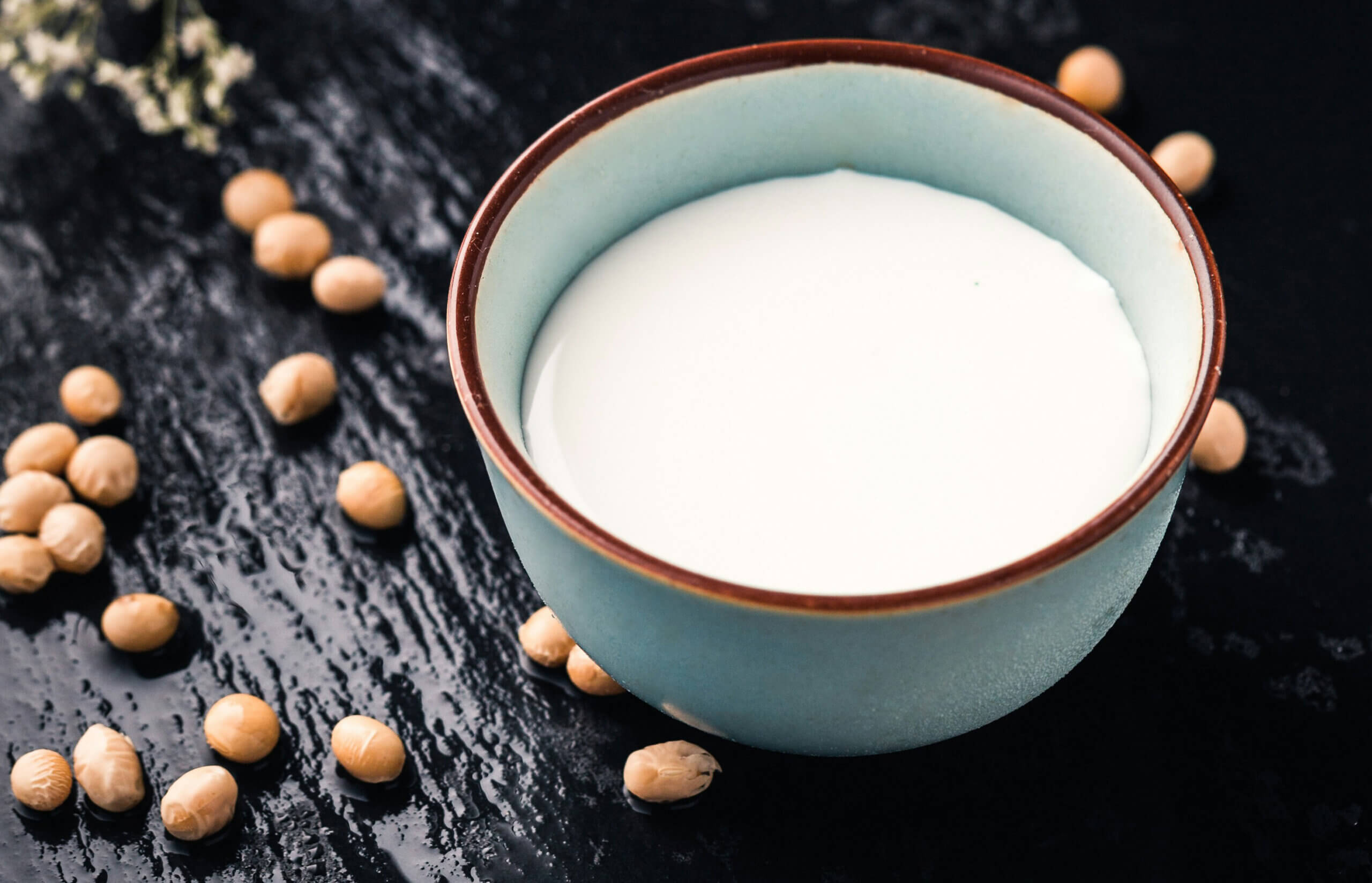When life grows hectic, it’s common to deprioritize nutrition or to feel unmotivated in making helpful food choices. Although nutrition cannot fully improve your mental health, there is growing evidence to suggest that our food choices play a role in influencing our mental health. A healthy and balanced diet can reduce your risk for depression, anxiety, and other mood disorders.
Ensuring your baseline diet is well-balanced and has the adequate vitamins and nutrients to support your body is an important step in taking care of yourself. On the other hand, mental health challenges are one of the most common barriers to healthy eating which is why setting yourself for success by having a few strategies to choose nourishing food options can be helpful.
Access our free mental health and nutrition guide here.
Which Nutrients?
When looking at the research, conclusions can be drawn about the effects certain nutrients can have on mental health, such as zinc, B vitamins, probiotics, omega-3 fatty acids, antioxidants, and vitamin D improving mental health status. While there is research to support that certain micronutrients share a role in impacting mental health, and deficiencies can exacerbate certain symptoms, what does this mean from the perspective of an everyday human being, like yourself? With the exception of Vitamin D, isolating these nutrients to consume in a concentrated amount would not be effective for improving mental health, the key is to include whole foods that contain these nutrients.
Zinc: Pumpkin seeds, Lentils, Seafood and Meats
B Vitamins: Leafy Greens, Meats, Seeds
Probiotics: Kefir, Yogurt, Kimchi, Sourdough
Omega-3: Anchovy, Salmon, Tuna, Flax Seeds, Chia Seeds, Walnuts
Antioxidants: Berries, Potatoes, Spinach, Citrus Fruits
Vitamin D: Vitamin-D Fortified Drinks, Salmon, Fortified Cereals, Eggs
So What about Vitamin D?
Based on a review regarding nutrition and mental health, it has been proven that 3 months of vitamin D supplementation (4000 IU/day for 1 month and 2000 IU for 2 months) significantly reduces a variety of negative health factors such as depression, mood swings, sleep difficulties, weakness, the ability to concentrate and more.
Vitamin D exists in whole food sources such as in salmon, egg yolk, and fortified orange juice. But the largest amount (up to 90%) of it is made through our skin with the help of the sun (UVB radiation) in a process called UVB-induced synthesis of endogenous vitamin D.
In many parts of the world, such as in Canada, it is unlikely to get sufficient UVB radiation all year round which is why a supplement can be beneficial. Ultimately, every individual has different needs, consult a doctor or a registered dietitian to find the dose that works for you.
What Should We Eat?
When it comes to nutrition, there is no “one size fits all” approach. We all bodies have different requirements to satiate our own biological, cultural, and emotional needs.
Within the culture of “healthy eating”, there is a lot of debate surrounding an ideal diet, for the Mediterranean diet to intermittent fasting. However, the most ideal diet is the one that provides you with what you need at the moment.
In general, there are basic and loose guidelines for an ideal eating pattern, but these guidelines should be adjusted according to our individual needs:
- Consume a balanced diet that contains:
- Plenty of fruits & vegetables
- Different sources of protein (animal or plant-based)
- Choose a variety of grains, including whole grains
- Drink water and stay hydrated
- Choose whole foods more often if possible
- Encourage mindful eating that centers away from weight
- Choose foods that have cultural or spiritual meaning
- Try your best to create a habit of consuming at least three meals a day, big or small
These guidelines can allow you to embrace your own unique physical, cultural, and emotional needs while also serving as a reminder about the different reasons food can be important. Additionally, an emphasis on a diverse and balanced diet will allow you to obtain your nutrition requirements, including those macro/micronutrient, antioxidants, and fiber needs which are vital in supporting your overall health.
Other Considerations
Other considerations regarding food and mental health include but are not exclusive to having a healthy relationship with food, the ability to cook for oneself within a shared household, food and household insecurity, side effects from medications, chronic health conditions, and so much more. Many of these factors may be difficult to overcome alone; having a healthcare team, social support service, or even trusted loved one involved will be crucial in the endeavor of creating a supportive mental health care plan.
Mental health is complex, and several factors contribute to poor mental health conditions. Social determinants, such as our housing situation, socioeconomic status, employment status, or even history of eating disorder/disordered eating can significantly affect our mental state. These factors can contribute to poor eating patterns, and conversely, poor eating patterns can exacerbate mental health conditions.
The relationship between mental health and nutrition exists bi-directionally. Improving your mental health through nutrition does not mean bypassing these underlying factors, but rather, it allows your body to reach a baseline where it can adequately address these external and internal forces which may impact our mental health negatively.
Takeaway
Mental health and nutrition are closely related. Start by creating that baseline and thinking about what kinds of foods can I add in my life to make my meals more nourishing and balanced. Take small steps and be kind to yourself along the way. Check out our next article up on the two part nutrition and mental health series on additional mental health coping strategies!
